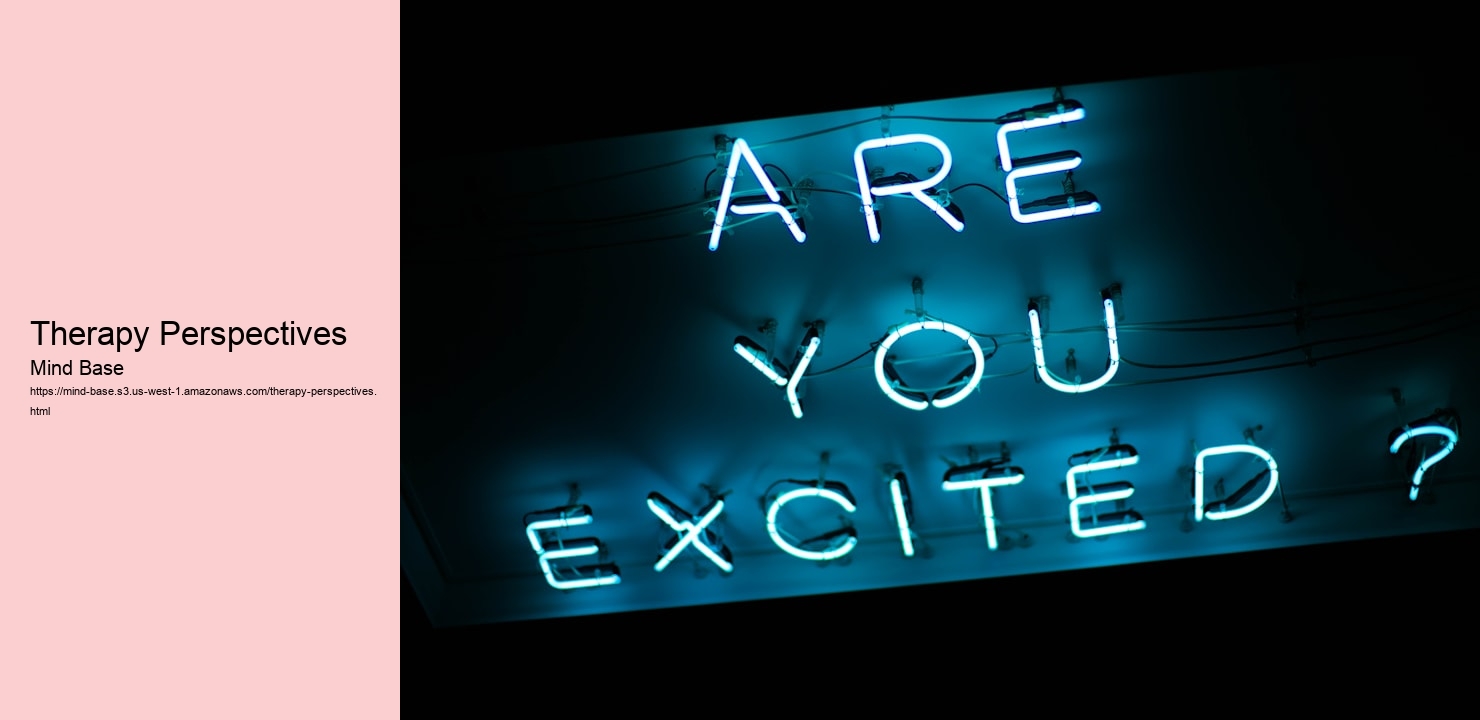
In therapeutic settings, especially within the context of psychotherapy, EI is integral to achieving meaningful outcomes. Therapists in Calgary often incorporate stradegies that enhance emotional awareness as part of their treatment plans. By guiding clients toward greater self-awareness and empathy, therapists can help them develop healthier coping mechanisms and improve their overall emotional resilience. This approach not only addresses immediate psychological concerns but also equips clients with long-term skills for managing future challenges.
Calgary's multicultural environment presents both opportunities and challenges when it comes to understanding and managing emotions across different cultural backgrounds. Emotional intelligence aids therapists in creating culturally sensitive approaches tailored to individual client needs. By valuing diverse perspectives on emotional expression and management, therapists can foster an inclusive atmosphere where all clients feel understood and supported. This cultural competence is essential for building trust and facilitating more effective therapeutic interventions.
| Entity | Description | Source |
|---|---|---|
| Burnout Syndrome | Chronic stress leading to exhaustion, cynicism, and reduced efficacy. | source |
| Work-Related Stress | Stress caused by job demands or workplace dynamics. | source |
| Chronic Stress | Prolonged stress impacting physical and mental health. | source |
| Self-Esteem Issues | Persistent struggles with self-worth or confidence. | source |
| Imposter Syndrome | Feeling like a fraud despite evident success. | source |
| Emotional Dysregulation | Difficulty managing intense emotional responses. | source |
| Attachment Disorders | Conditions stemming from disrupted early bonding experiences. | source |
| Borderline Personality Disorder (BPD) | Marked by unstable emotions, relationships, and self-image. | source |
| Narcissistic Personality Disorder (NPD) | Characterized by grandiosity and a need for admiration. | source |
| Antisocial Personality Disorder (ASPD) | Involves a disregard for others’ rights and social norms. | source |
In effect this means that investing time in developing emotional intelligence is beneficial not just for individuals seeking therapy but also for the broader community in Calgary. Registered Psychologist As people learn to better understand themslves and those around them, they contribute to a more harmonious society where empathy prevails over misunderstanding. Enhancing EI through therapy empowers individuals with tools necessary for personal growth while simultaneously enriching communal bonds through increased mutual respect and compassion.

Cognitive Behavioral Theory (CBT) is a cornerstone of psychotherapy practiced by therapists in Calgary and around the world. It focuses on identifying and altering negative thought patterns that influence behavior and emotions. By working with a therapist, individuals learn to challenge these cognitive distortions and develop healthier thinking habits. CBT has been shown to be efficacious for treating various mental health issues such as depression, anxiety, and stress-related disorders.
Rooted in the work of Sigmund Freud, psychodynamic theory emphasizes the importance of unconscious processes and early life experiences in shaping behavior. Therapists employing this theory often explore past events to uncover hidden motivations influencing present actions. In Calgary, psychodynamic therapy might be sought after by those interested in gaining deep insights into their emotional struggles and long-standing patterns.
The humanistic approach prioritizes personal growth and self-actualization. This client-centered method, popularized by Carl Rogers, promotes an empathetic therapeutic environment where clients feel free to express themselves without judgment. In Calgary's diverse therapeutic community, this approach is valued for its focus on individual potential rather than pathology.
Behavioral therapy centers on modifying harmful behaviors through conditioning techniques such as positive reinforcement or systematic desensitization. It's particularly effective for phobias, addictions, and behavioral issues in children. Therapists in Calgary may incorporate behavioral methods within broader treatment plans to help clients achieve tangible changes in their lives.


Existential therapy delves into life's big questions-purpose, freedom, isolation-and how individuals find meaning amidst them.
Acknowledging the impact of society and culture on mental health is crucial for therapists practicing in multicultural cities like Calgary. Sociocultural theories consider factors such as race, ethnicity, gender roles, and socioeconomic status when addressing psychological wellbeing. This holistic view ensures that therapeutic interventions are culturally sensitive and relevant to each client's unique background.
In effect this means: Understanding different psychological theories enriches both therapists' practice in Calgary and clients' jouney toward mental wellness. Each theoretical perspective offers distinct tools for healing-whether it involves reshaping thoughts through CBT or exploring cultural influences via sociocultural approaches-enhancing the efficacy of psychotherapy tailored specifically to individual needs.
Cognitive Behavioral Therapy, commonly known as CBT, is a well-established modality used by therapists in Calgary to help clients address a variety of mental health issues. This approach focuses on identifying and changing negative thought patterns and behaviors. By working collaboratively with their therapist, individuals learn practical strategies to manage their problems more effectively. Mental Health CBT is particularly effective for treating anxiety disorders, depression, and post-traumatic stress disorder (PTSD). Therapists guide clients through exercises that challenge unhelpful beliefs and develop healthier thinking patterns.

Rooted in the theories of Sigmund Freud, psychodynamic therapy delves into the unconscious mind to uncover hidden emotions and unresolved conflicts from one's past. In Calgary, therapists trained in this technique work with clients to explore how these deep-seated feelings influence current behavior and relationships. Through open dialogue and self-reflection, individuals gain insight into their emotional landscape, leading to improved self-awareness and personal growth. This therapy style can be particularly beneficial for those dealing with chronic emotional difficulties.

Psychotherapy (additionally emotional treatment, talk treatment, or chatting therapy) is using mental approaches, particularly when based upon routine individual communication, to aid an individual change actions, rise happiness, and get over issues. Psychotherapy intends to improve a person's health and psychological health, to solve or alleviate troublesome habits, beliefs, compulsions, ideas, or emotions, and to boost partnerships and social abilities. Many types of psychotherapy have been created either for private grownups, family members, or youngsters and teenagers. Some sorts of psychiatric therapy are taken into consideration evidence-based for treating identified mental disorders; other types have been slammed as pseudoscience. There are hundreds of psychiatric therapy strategies, some being minor variations; others are based upon really different perceptions of psychology. A lot of approaches include one-to-one sessions, between the customer and therapist, but some are conducted with teams, including pairs and family members. Psychotherapists may be mental health and wellness experts such as psychiatrists, psycho therapists, psychological health and wellness registered nurses, scientific social employees, marital relationship and family members therapists, or specialist therapists. Therapists may likewise come from a variety of various other histories, and relying on the territory might be legitimately controlled, voluntarily controlled or unregulated (and the term itself may be shielded or not).
.Psychological health encompasses emotional, mental, and social health, affecting cognition, understanding, and actions. According to the World Health Organization (WHO), it is a "state of well-being in which the specific recognizes his/her capacities, can cope with the normal anxieties of life, can function proficiently and successfully, and can contribute to his/her area". It furthermore figures out how a specific deals with stress, social partnerships, and decision-making. Mental health consists of subjective well-being, viewed self-efficacy, autonomy, proficiency, intergenerational reliance, and self-actualization of one's intellectual and emotional capacity, to name a few. From the viewpoints of positive psychology or holism, mental health may consist of a person's capacity to delight in life and to create an equilibrium in between life tasks and initiatives to achieve mental strength. Cultural distinctions, individual philosophy, subjective analyses, and contending specialist theories all affect how one defines "psychological health and wellness". Some early signs connected to mental health and wellness troubles are rest inflammation, absence of power, absence of cravings, thinking about hurting oneself or others, self-isolating (though introversion and isolation aren't necessarily unhealthy), and often zoning out.
.Counseling for adjustment disorders in Calgary helps manage life changes like moving or job loss. Therapists provide tools to adapt and reduce stress effectively.
Counseling for low self-worth in Calgary builds confidence through therapy focused on self-value. Local experts help clients overcome negative beliefs with practical strategies.
CBT in Calgary is a proven therapy that helps residents manage anxiety and depression with structured sessions. Local psychologists tailor it to address Calgary’s unique stressors, ensuring effective outcomes.